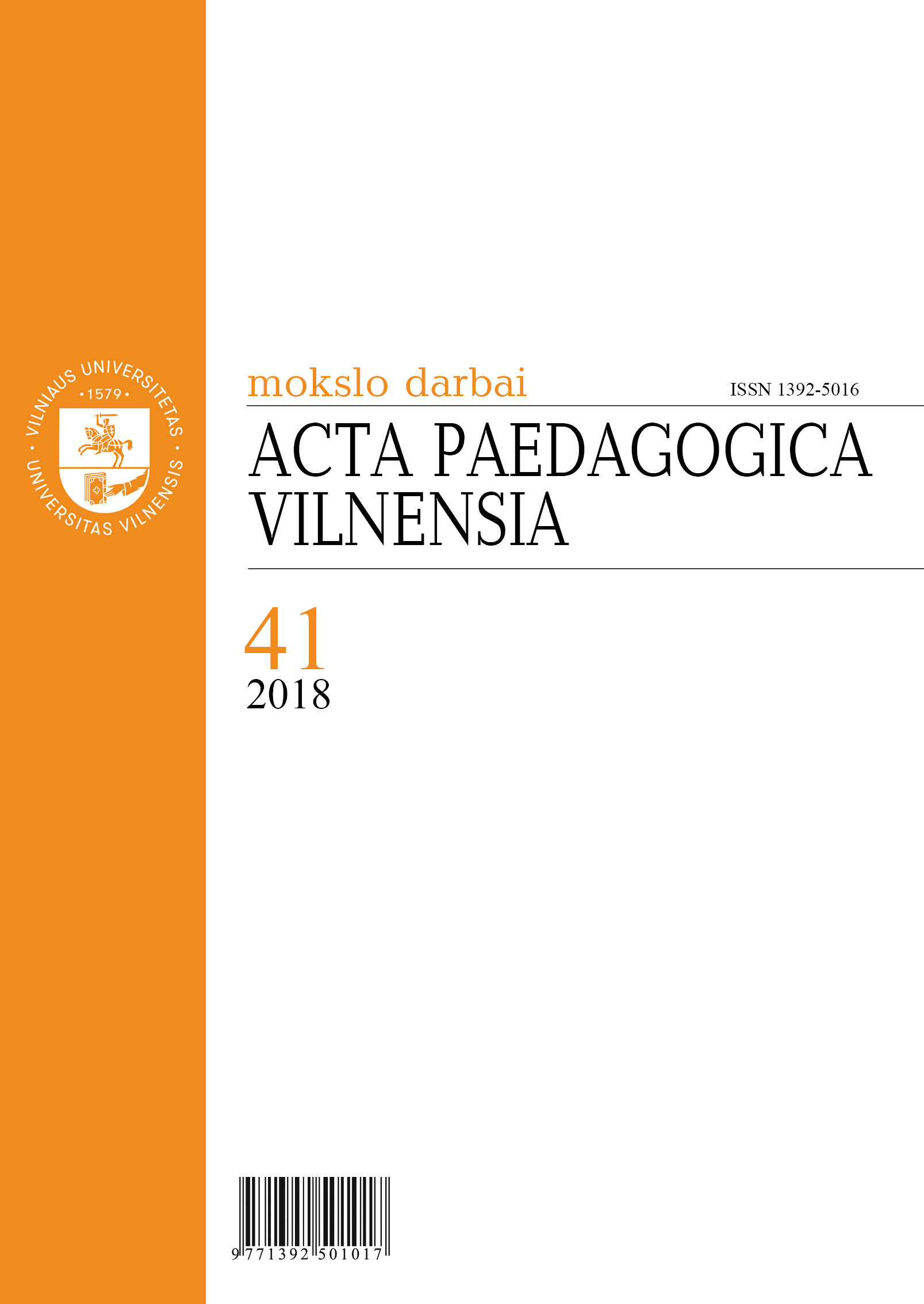Kad ugdymas nebūtų vienakojis: dvasingumas kaip svarbi dedamoji
Ensuring Education is not One-Legged: Spirituality as its Essential Constituent
Author(s): Simona KontrimienėSubject(s): Education, Theology and Religion
Published by: Vilniaus Universiteto Leidykla
Keywords: Spirituality; conceptions of spirituality in education; spiritual intelligence (SQ); transcendence; education of spirituality;
Summary/Abstract: Spirituality is a basic human drive with diverse forms of expression that make for unique thinking and as such, it should permeate every educational endeavour. For education to be sound, it has to be based on an all-round and integrated approach which calls for the synthesis of science and spirituality, thereby discarding the erroneous epistemological map that separates science, reason and natural knowledge from religion, faith, moral code and spiritual values (Zajonc, 2003). Spiritual thinking is a cognitive process that fosters exceptional qualities commonly referred to as spiritual intelligence (SQ), a dimension which manifests itself through personal integrity, wisdom, compassion, love, joy, serenity, creativity and unified neurological processes in the brain. Such processes are paramount for the holistic nature of education as they help to integrate into one whole rational, emotional and spiritual experiences. The science of education recognises the fusion of cognitive and spiritual development, but conceptions of spirituality vary herein: spirituality is often viewed as authenticity, the process of continually transcending one’s current locus of centricity as well as connectedness and recognition of the higher power that illuminates the meaning of human existence; spirituality may also implicate a critical view, which serves as a counterbalance to traditional religiousness, or an independent being in the world and transrational experiences. In Lithuania, the phenomenon of spirituality is often conceptualised as a person‘s adequate relationship with the world based on fundamental spiritual values (Jovaiša, 2011; Bitinas, 2000; Aramavičiūtė, 2005, 2010; Martišauskienė, 2004; 2011), and its development is closely tied with moral, aesthetic and religious education. The system of internalised spiritual values determines true, belief-inspired knowledge, which is critical in the advancement of spirituality. Importantly, education of spirituality helps to achieve transcendence, an essential component of spirituality which implies belief in the supernatural reality and an ability to transcend the self and shape a holistic view of the world. In institutions of higher education such education may be enabled through three types of activities (White, 2006): (1) academic curricular activities (students’ mind/body connection), (2) reflective time and space (students’ spirituality “within”) and (3) social servant action (students’ spirituality “without”). Key words: spirituality, conceptions of spirituality in education, spiritual intelligence (SQ), transcendence, education of spirituality.
Journal: Acta Paedagogica Vilnensia
- Issue Year: 2018
- Issue No: 41
- Page Range: 11-26
- Page Count: 16
- Language: Lithuanian

